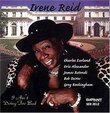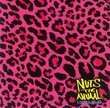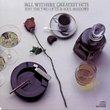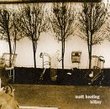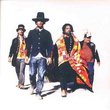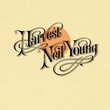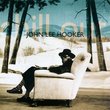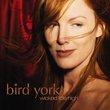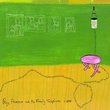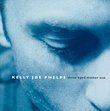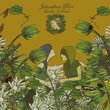| All Artists: Paul Brill Title: Halve the Light Members Wishing: 0 Total Copies: 0 Label: Redeye Distribution Original Release Date: 2/7/2001 Release Date: 2/7/2001 Genres: Country, Alternative Rock, Folk, Pop, Rock, Classic Rock Styles: Americana, Indie & Lo-Fi, Singer-Songwriters, Adult Alternative, Progressive, Progressive Rock Number of Discs: 1 SwapaCD Credits: 1 UPC: 677516507325 |
Search - Paul Brill :: Halve the Light
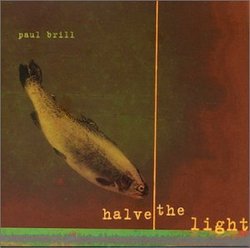 | Paul Brill Halve the Light Genres: Country, Alternative Rock, Folk, Pop, Rock, Classic Rock
"Halve the Light" is the latest recording by New York City songwriter Paul Brill. The album fuses Brill's folk-rock and pop influences through songs about lost souls and late-night travellers. Co-produced by Brill and Da... more » |
Larger Image |
CD DetailsSynopsis
Album Description "Halve the Light" is the latest recording by New York City songwriter Paul Brill. The album fuses Brill's folk-rock and pop influences through songs about lost souls and late-night travellers. Co-produced by Brill and Dave Camp, "Halve the Light" weaves a running literary narrative amongst the sultry tones of pedal steel, acoustic guitars, strings, pianos and vocal harmony. Close to the music, too, is a sense of the cityscape - the songs have an edge, lyrically and musically. Similar CDs
Similarly Requested CDs
|
CD ReviewsDiscovering the Hidden Form mon_cul | Washington, DC | 03/16/2001 (5 out of 5 stars) "Few artists in the alt-country landscape engage with their musical roots with the depth, subtlety, earnestness and craft of Paul Brill. In fact, to pigeonhole Halve the Light into the alt-country category doesn't even seem to do the album justice: here we see none of the overly self-conscious irony of a Todd Snider or the questionable obliqueness of a Jeff Black. One thinks, instead, of standout, almost accidental moments that occur in certain careers, moments like Yo La Tengo's Fakebook or Dylan's Nashville Skyline, moments that find artists reconciled with--though not free of--their demons, and comfortable with their mastery of their underlying traditions. From the tears-in-the-beer, steel-pedal twang of Maybelline to the fiddle-on-fire squaredance of Caroline, Brill, backed by an ensemble that would be the envy of any first-rate jug-band from Appalachia, seamlessly weaves the contemporary--and often urban--themes of his intricately textured lyrical fabric into the tapestry of venerable heartland forms with panache. Halve the Light treats us to something much more rarefied and special than the rococo, all-surface-no-depth, postmodern pastiche of so much of what we hear under the alt-country rubric. Brill's blend of form and content is as natural to behold as the ideal shape emerging from the marble block as the master, working the chisel with his careful hands, patiently discovers it." Euphemism of an existentialist metaphorical allegory Michael E F Black | San Francisco, CA United States | 02/23/2001 (4 out of 5 stars) "Former Envelope playboy and lead singer Paul Brill has just released his second solo recording entitled "Halve the Light". This body of work showcases Brill's lyrical prowess, extraordinary musicianship, and a penchant for religious inconography. Brill's thorough comprehension of the human condition manifests itself in tracks such as 'Caroline' and 'Start it Again'. Once overwrought and self indulgent, Brill has found solace in contemplating the existentialist metaphor that is a euphemism for perpetual suffering. As an old friend Cindy once said, "Thanks for the Music!""
|

 Track Listings (8) - Disc #1
Track Listings (8) - Disc #1